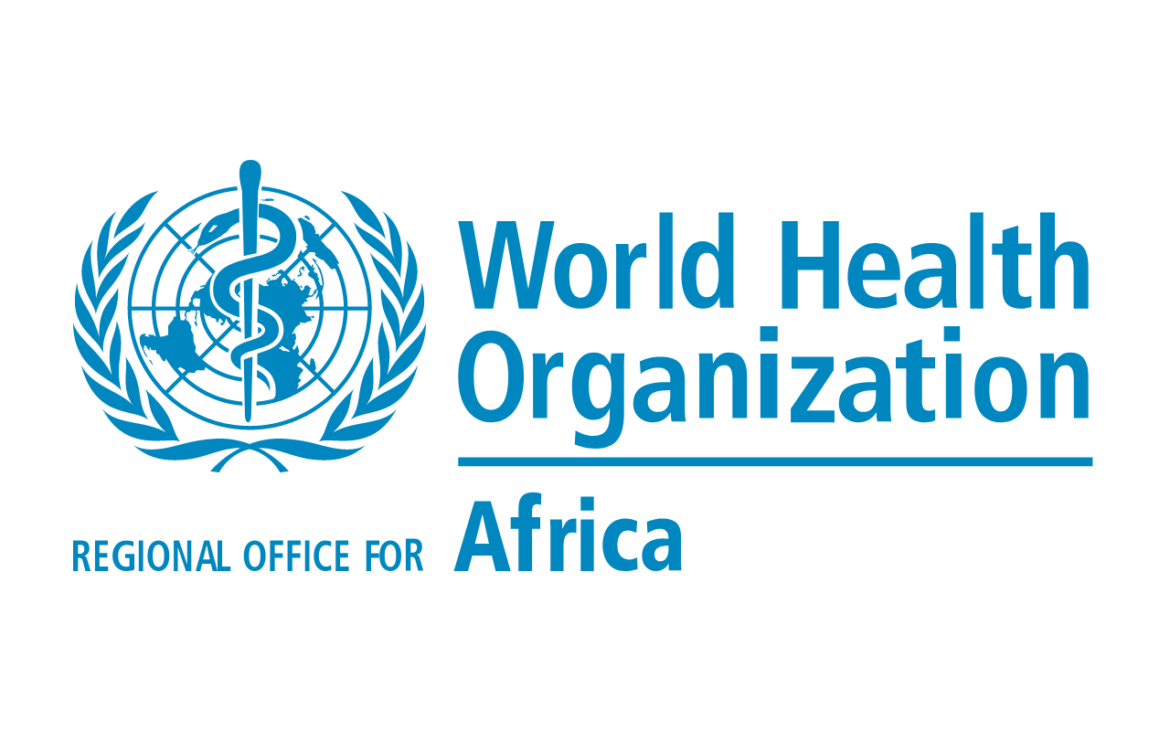By Asmau Ahmad
The World Health Organisation (WHO) Regional Office for Africa has said that more than 400 million Africans are still at risk of seasonal meningitis outbreaks.
The WHO said though the disease had remained off the radar for too long, the outbreaks negatively impacted health systems, economies and impoverished the entire population forced to contend with multiple health and socio-economic challenges.
The global health body also said that the COVID-19 pandemic delaying meningitis vaccination campaigns for more than 50 million children in Africa, adding that the region was at a heightened risk of outbreaks of meningitis type A, which had nearly been eliminated on the continent.
Meningitis is caused by inflammation of the membranes that surround the brain and spinal cord and is transmitted via a sneeze, saliva, or phlegm from the nose and throat of infected persons.
Acute bacterial meningitis is one of the deadliest and most disabling forms of illness.
It can cause death within 24 hours and leave one in five infected people with lifelong disabilities.
A press statement by the organisation noted that a roadmap aimed at stopping bacterial meningitis outbreaks by 2030 was launched in collaboration with partners.
The WHO, however, urged countries to implement the roadmap rapidly before the start of the meningitis season in January 2023.
The new regional strategy sets out a roadmap for countries to shore up diagnosis, surveillance, care, advocacy, and vaccination to eliminate outbreaks, curb deaths by 70 per cent and halve infections.
WHO estimates that US$1.5bn will be required between now and 2030 to implement the plan, which if countries fully adopt it, will save more than 140,000 lives every year in the region and significantly reduce disability.
“The pandemic (COVID-19) severely disrupted meningitis prevention and control services, with disease surveillance, laboratory confirmation of cases and outbreak investigations all steeply declining.
“Based on reports from countries, the WHO found that meningitis-controlled activities were reduced by 50 per cent in 2020 compared to 2019 with a slight improvement in 2021.
“Benin, Guinea, Guinea Bissau, Nigeria, and Togo delayed campaigns with the MenAfriVac vaccine aimed at protecting a total of 50 million children less than 12 years of age against meningitis type A,” the statement read in part.
Meanwhile, the WHO Regional Director for Africa, Dr. Matshidiso Moeti said “The defeat of meningitis type A is one of Africa’s biggest success stories in health, but the fallout from COVID-19 hampers our drive to eliminate this bacterial infection as a public health threat once and for all, and could lead to catastrophic resurgences.
“In prioritising the response to COVID-19, we must not lose our focus on other health problems. I urge countries to ramp up implementation of the new WHO regional roadmap now, before the meningitis season begins in January 2023.”
While no meningitis type A case has been reported in Africa during the past five years, outbreaks still occur and are caused by other types of meningococcal bacteria.
The health body stated that in 2019, 140,552 people in the African region died from all types of meningitis. Major outbreaks caused by meningitis type C have been recorded in seven countries since 2013.
“In 2021, a four-month outbreak in the Democratic Republic of the Congo claimed 205 lives. Moreover, the African region accounts for the highest number of new meningitis cases globally and is the only region to still experience outbreaks. The continent reports 100 cases of meningitis cases per 100,000 people, the highest incidence in the world,” it added.
“More than 400 million Africans are still at risk of seasonal meningitis outbreaks, but the disease has remained off the radar for too long.
“Aside from the toll on human life, outbreaks negatively impact health systems, our fragile economies, and impoverish entire populations forced to contend with multiple health and socio-economic challenges,” Moeti said.




